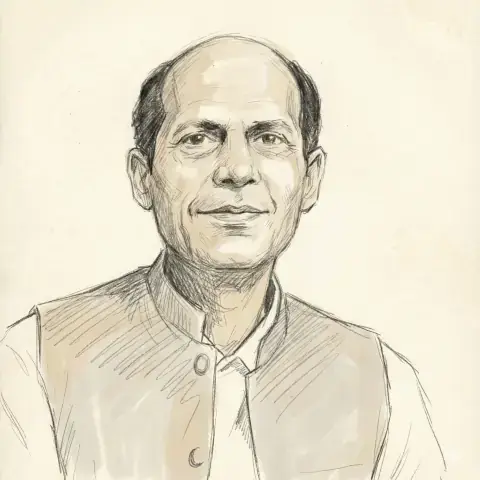ISLAMABAD: The foreign policy being pursued by the present government came under fire in the Senate, with a Pakistan Peoples Party lawmaker chiding Foreign Minister Khawaja Asif for his advice to the United States for framing of Afghan strategy by politicians and policy-makers instead of generals who suffered defeat in Afghanistan.
“This principle should also be applied to Pakistan,” Farhatullah Babar of the PPP said while highlighting the need for enhancing civilian input in the foreign policy during a debate on US Secretary of State Rex Tillerson’s recent visit to Pakistan.
He noted that the way forward for Pakistan was to dismantle the jihadi infrastructure of the 1980s, dissociate from the narrative of retired Gen Musharraf and civilianise foreign policy formulation instead of viewing it from the perspective of the security establishment alone.
He said that he was shocked that Mr Asif only reiterated the narrative of Gen Pervez Musharraf. “Musharraf used to confront foreign interlocutors by asking them to give him the phone and address of the Afghan Taliban hiding in Pakistan and assure that they would be hauled up”.
Mr Asif also informed the Senate that the US secretary of state had been asked to give the addresses of Taliban leaders for taking action, he said. Gen Musharraf’s policy of denial continued, Mr Babar said.
PPP opposes move to give Pakistani nationality to Bengalis and Burmese living in Sindh
He said many people had welcomed recent statements by Mr Asif And Ahsan Iqbal about putting own house in order and asked why there was not a hint about it in his address. “Is it that because Khawaja Asif not fully in charge of policy formulation?” he asked.
The PPP senator advised the foreign minister to simply pursue investigations into the identity card and passport issued to Taliban leader Mullah Mansour Akhtar and pieces in the jigsaw puzzle would fall in their place.
He said that because of this disastrous foreign policy Pakistan was losing heavily. Last week President Ashraf Ghani banned Pakistani trucks from entering Afghanistan warning also that Pakistan would not be able to trade with Central Asian states.
He said annual bilateral trade between the two countries had come down from $2.7 billion to less than $1.5bn. With the new trade route of Chahbahar Kabul’s dependence on Pakistan has further decreased. Pakhtuns on both sides were the victims and the country was losing, but no one seemed to care, he added.
He said that after Trump’s new policy drone strikes had been resumed as militants were hiding and changing locations. While the Taliban had intensified attacks inside Afghanistan, they had still not a single province, he said.
Mr Babar said there were contradictions in policy. “On the one hand we deny safe sanctuaries but on the other we say that we do not want to bring the Afghan war to our territory. If there indeed are no sanctuaries how will the war enter Pakistan?” he asked.
Azam Swati of the Pakistan Tehreek-i-Insaf alleged that the US wanted to destroy the region and take control of Pakistan’s nuclear assets.
Tahir Hussain Mashhadi of the Muttahida Qaumi Movement criticised the US for its ‘do more’ mantra and noted that it was time for the US to do more. He said Pakistan, Iran, China and Russia should be associated in efforts for peace in Afghanistan.
Muzaffar Hussain Shah of the Pakistan Muslim League-Functional said the role of India as a regional policeman was not acceptable. He underlined the need for finding out a political solution to the Afghanistan imbroglio and said Pakistan would not be allowed to become a proxy in the Afghan war.
Foreign Minister Asif will wind up the discussion on Wednesday.
In a belated reaction to the remarks made by Minister of State for Interior Talal Chaudhry indicating a plan to amend the Pakistan Citizenship Act, 1951 to give nationality of Pakistan to Bengalis and Burmese living in Sindh, Aijaz Dhamra of the PPP said the people and government of Sindh had serious reservations over it. “We will see when an amendment in the law is moved, but I want to bring our position on record,” he said.
The opposition staged a walkout over what it called non-implementation of the National Action Plan.
Published in Dawn, November 1st, 2017


































